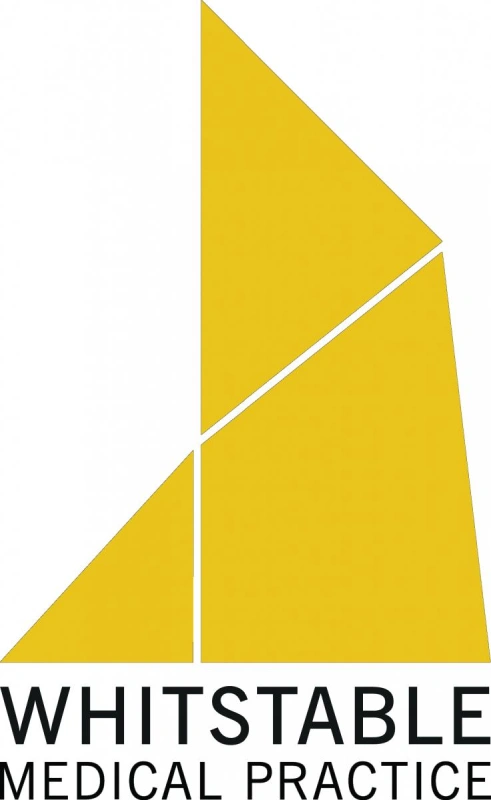We use cookies to help provide you with the best possible online experience.
By using this site, you agree that we may store and access cookies on your device. Cookie policy.
Cookie settings.
Functional Cookies
Functional Cookies are enabled by default at all times so that we can save your preferences for cookie settings and ensure site works and delivers best experience.
3rd Party Cookies
This website uses Google Analytics to collect anonymous information such as the number of visitors to the site, and the most popular pages.
Keeping this cookie enabled helps us to improve our website.
What Can Be Treated At A Minor Eye Conditions Service (MECS)?
The Minor Eye Conditions Service (MECS) provides assessment and treatment for all patients registered within Kent & Medway with recently occurring minor eye problems. It is an NHS service provided by accredited optometrists (also commonly called opticians).
Symptoms that can be seen under the service include:
- Red eye or eyelids
- Dry eye, or gritty and uncomfortable eyes
- Irritation and inflammation of the eye
- Significant recent sticky discharge from the eye or watery eye
- Recent occurring flashes or floaters
- In-growing eyelashes
- Recent and sudden loss of vision
- Foreign body in the eye
- Systemic disease affecting the eye
- Eyelid lumps and bumps
- Recent onset diplopia (double vision)
- Blepharitis
- Glaucoma suspect
Exclusions
If you have very minor symptoms you may be advised to self-care or seek support from your local pharmacy first.
If you have a serious eye condition that is being regularly monitored by your optometrist or hospital eye service, it is usually better to be reviewed by them as they have all of your medical history.
Please note, we do not offer standard sight tests – you will need to visit your local optician for these.
How do I Book an Appointment with this Service?
You are able to self-refer into this service and do not need to speak to your GP first. If you have a recently occurring minor eye problem, please contact our Clinical Services Department:
Telephone: 01227 284314 / 01227 284315
Monday to Friday: 8am to 5pm
You will be asked some questions about your symptoms in order to assess how quickly you need to be seen by the service, which will be within 24hrs in urgent cases and within a few days for non-urgent cases.
Preparations Before Your Appointment
Please bring your glasses and a list of your current medication with you to the appointment.
The optometrist may put drops in your eyes to enlarge your pupils in order to get a better view inside your eyes. You should not drive until the effects of these drops have worn off, which may take a few hours.
What will Happen at Your Appointment?
You may have any of the following non-invasive tests carried out in order to diagnose the problem you are having:
- The optometrist will likely want to check your eye using a slit lamp – a slit lamp is a stereoscopic microscope that emits a focused beam of light with variable height, width, and angle. This instrument permits three-dimensional visualisation and measurement of the fine eye.
- Photos may be taken of both eyes using an Optical Coherence Tomography (OCT) machine – this a non-invasive diagnostic instrument used for imaging the retina.
- Visual fields may be checked using a Humphrey Field Analyser to make sure you don’t have any abnormal blind spots. This can take up to 15 minutes.
- Visual acuity may be checked – this is a measure of the ability of the eye to distinguish shapes and the details of objects at a given distance.
- The pressures of your eyes may be checked using a handheld tool.
If minor eye surgery is needed we can arrange for you to be seen in our General Ophthalmology Clinic at Estuary View.
If your condition is more serious, the optometrist may book you an urgent appointment at a hospital eye clinic. If you need a routine appointment with a hospital, the optometrist will organise this for you. You may also be advised to make an appointment with your GP if your eye condition is in relation to your general health.
Need to Cancel Your Appointment?
If for any reason you cannot attend an appointment, please contact the Clinical Services Reception team as soon as possible to arrange a new appointment.
Telephone: 01227 284314 / 01227 284315
Monday to Friday: 8am to 5pm
Whitstable Medical Practice works with a number of independent clinicians and third-party organisations to deliver certain clinical services.
Where applicable, clinicians providing care may be contracted through Vision Care Ltd and are not direct employees of Whitstable Medical Practice.



